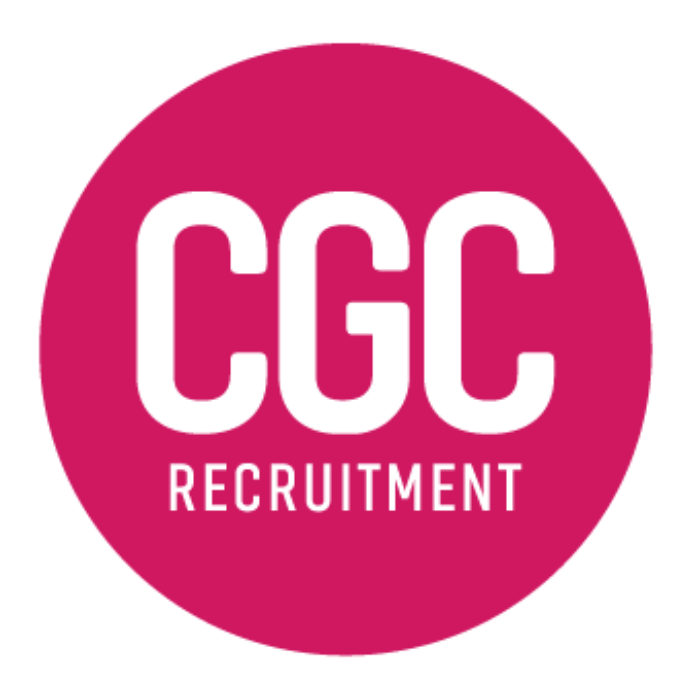Across Australia, there’s a lot of mixed messages about the state of the employment market. Some industries have, of course, been significantly impacted by the pandemic and may never be the same, whereas others are booming.
For most of us, pre-pandemic wages were creeping up, and unemployment was only rising gradually. Luckily, the infrastructure, engineering, and construction sectors are still, for the most part, in high demand and companies are providing many opportunities for their teams.
So, during these uncertain times, it’s natural that most of us are starting to think about the future, our roles, and whether or not we’re likely to see pay increases, bonuses, changes to our remuneration etc. It’s only natural that as your skills and experience grow, to want to be rewarded, so: how do you ask for, and get a pay increase?
Honestly, asking for a pay increase can be a nerve-wracking experience, and it’s also a conversation that needs to be approached carefully. So, here’s our 10-point step-by-step guide on how to approach pay increase discussions.

-
Time it right
Firstly, remember there’s a right and wrong time to ask for a pay rise. For example, if you can see that your manager is under a lot of stress or has a particularly heavy workload, you might consider waiting until they are in a better frame of mind before having the conversation.
Likewise, think about the situation of the company and its current financial position. Is the business doing well? Is it rolling out investments or making cutbacks? Ultimately, you're much more likely to be successful asking for a raise during more prosperous times.
And, are you asking for this in or out of the cycle? Most businesses have a specific time when they review salaries, and you’re more likely to receive an increase during that review period than outside of it.
-
Prepare for the conversation
No matter how good your relationship is with your manager, preparation is key. So, start by researching salary bandings for your specific role, both internally and externally. This makes it easier to determine where your salary sits if you are high or low in a banding, and what an appropriate increase could be.
This will help during any negotiations, and from there, you can start to build a business case for a pay rise. Look back at your accomplishments, especially around agreed KPIs (key performance indicators) and how they added value to the company and clients. Which projects are you most proud of? When did you go above and beyond? Etc.
It’s also really important to understand the expectations of your experience level (assistant, manager, etc.) within a business. So, check what is expected of you so you can demonstrate/evidence where you’ve excelled. Most large organisations have this available for all staff but talk to your HR team or reporting manager if you’re not sure.
-
Decide what to say
While you don’t need a script, you should think in advance about some of the things you want to say. Consider the points you want to get across, as-well-as any potential roadblocks.
Think carefully about your salary expectation and exactly why you deserve an increase. You can use the points from all these steps to explain how you came to your conclusion.
-
Arrange the meeting
Usually, these discussions tend to take place during annual reviews. But if your employer does things differently, you’re doing this out of cycle, or you need to have a salary discussion before a review; it's best to arrange a meeting with your manager in advance. Don't just ask for the raise by email, or bring it up in a casual conversation – this is important and needs time and attention.
Alternatively, to help your manager understand your expectations, you can address this during any regular performance meetings.
-
Have a conversation
When it's time to sit down, aim to strike a balance between sounding confident, assured, and friendly. Be prepared for questions and negotiations, so listen carefully to your manager and try to have an open and honest two-way chat throughout.
Try to keep everything positive and have realistic expectations. Avoid appearing arrogant, demanding, rude, don’t give ultimatums, or get overly emotional, and try not to spring this on your manager.
Lastly, have some questions of your own to ask.
-
Consider your employer’s perspective
In these situations, we tend to put our own needs first, which is fine; however, it helps to be empathetic. After all, your boss is a person and may want to give the increase you deserve but might not have the budget.
So, when you build your business case, think about it from the business's perspective and what you’ve brought to the table. Highlight productivity, revenue, and KPIs that are hard to ignore.
Also, consider where you sit within bandings. For example, if you’re a manager being paid at the upper end of a banding, there’s less wiggle room for the business. As such, the conversation may need to be about promotion rather than an increase.
-
Don’t make it about other people
A common mistake is to talk to your colleagues and use them as examples to strengthen your business case, especially if they’re being paid more. Try to avoid this. Some companies have policies within employment contracts forbidding employees from discussing their salaries, so be very careful.
-
Say thank you
If your business is doing well and you’ve built a solid case, and you’re given a raise, congratulations. Be sure to thank your manager and anyone that has gone out of their way for you. It’s a good idea to send a follow-up email that summarises what you discussed and reiterates some of your key points.
Remember, not everyone might have done as well, so be considerate and sensitive.
-
Think laterally
Sometimes you’ve done everything right; however, your business just can’t meet your salary expectations. So, talk to your manager about your responsibilities, if you take on more, is there an opportunity for a salary review? Or perhaps if you had different/higher KPIs, it would mean an increase or a bonus? Or maybe there’s a promotion opportunity? And think about package options: super high contribution, more leave, time in lieu, charitable donations, childcare, health benefits, product discounts, etc?
-
Consider your options.
If, however, you’ve tried everything to no avail, you may need to think about your future with your current employer. We all deserve to be remunerated fairly, and perhaps a conversation with a recruitment professional will help to identify potential next steps.
Conclusion
If you need to discuss where you are in your career, and your salary, a conversation with an industry-specific recruitment specialist is a logical next step.
CGC Recruitment is a specialist consultancy with offices in Sydney and Brisbane, and we can help. We specialise in roles in the construction, infrastructure, engineering, and architecture sectors at all levels. As a leading industry recruiter, we always have a long list of opportunities for ambitious and professional individuals.
For a confidential discussion, get in touch with CGC and talk with one of our experienced consultants.
You can also search our latest vacancies here, and upload your CV.
Images: This article may contain public copyrighted material, the use of which has not always been specifically authorised by the copyright owner. We are making such material available to advance understanding of this specific topic, which we believe constitutes a ‘fair use’ of any such copyrighted material. If you wish to use copyrighted material from this site for purposes of your own that go beyond ‘fair use’, you must obtain permission from the copyright owner.










